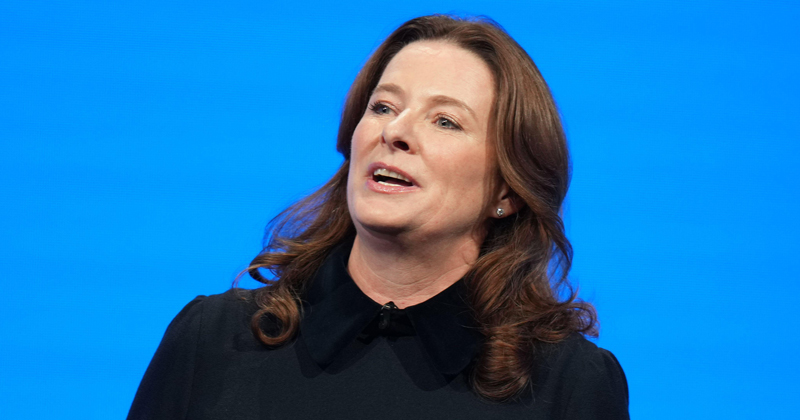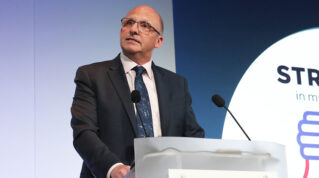The body tasked with making recommendations on teacher pay must consider evidence on the “impact of pay rises on schools’ budgets”, Gillian Keegan has said.
Issuing the School Teachers’ Review Body with its remit letter for 2024-25, the education secretary also said it was “vital” that it consider the “historic nature” of this year’s 6.5 per cent rise – which came with extra funding.
Issuing the STRB’s remit kick-starts the pay review process each year, but Keegan had been criticised by unions – and even hit with a fresh pay dispute by one over the timing of its issue this year. Last year’s letter was issued on November 17.
In her letter, Keegan asked for “an assessment of the adjustments that should be made to the salary and allowance ranges for classroom teachers, unqualified teachers, and school leaders in 2024-25”.
She also said she had “appreciated your observations on the strategic questions I asked last year, which have been built into the Department’s thinking about this year’s remit and our broader policy work”.
“I also appreciated the observations in your last report around the benefits of targeted remuneration to address subject-specific recruitment and retention challenges. I would welcome your further views on the potential benefits, in principle, of targeting remuneration by subject in the future.”
Pay review bodies, Keegan said, had last year “recommended historically high pay awards for their respective workforces in light of the extraordinary macroeconomic context”.
“Accepting these recommendations, whilst not increasing borrowing, required tough decisions. It is vital that the STRB consider the historic nature of the 2023-24 award and the Government’s affordability position that will be set out further in written evidence.”
Consider ‘cost pressures’ faced by schools
In 2024, the government is “continuing to increase investment in schools, but it remains important that the STRB carefully considers the department’s evidence on the impact of pay rises on schools’ budgets, alongside consideration of the department’s evidence on a fair pay award”.
Per-pupil funding is due to rise by just 1.9 per cent next year.
Keegan said the STRB should also consider “potential equalities impacts associated with any changes proposed” to teachers’ pay and conditions.
They should also consider the “cost pressures that schools are already facing and may face over the year (and how they affect individual schools)”, and need to ensure “that any proposals are not too difficult or onerous for schools to implement”.
Other considerations include evidence on the national state of teacher and school leader supply, the wider state of the labour market in England, forecast changes in the pupil population and therefore demand for teachers.
She also told the body to have regard to the government’s “commitment to increasing autonomy for all head teachers and governing bodies to develop pay arrangements that are suited to the individual circumstances of their schools”.
“I would be grateful if the STRB could aim to provide a report on this matter by May
2024.”
‘A lack of leadership’
Dr Patrick Roach, general secretary of the NASUWT teachers’ union, said the timing of the remit letter was “yet another illustration of a lack of leadership at the heart of this government”.

He added that Keegan “clearly wants to insist that the pay review body should hold back in its central recommendations on the teachers’ pay award for next September”.
“After 14 years of real terms pay cuts, and a crisis in teacher recruitment and retention which is getting worse by the day, teachers will expect the pay review body to do its job, free from any interference or intimidation, and to demonstrate their independence.
“Today’s publication of the STRB remit letter illustrates a government that is playing for time and that is signally failing to face up to the big issues ahead of the general election.”
Daniel Kebede, general secretary of the National Education Union, said it was “clear that the Government is gearing up for a paltry 1 to 2 per cent teacher pay award next year”.
“Not only is the remit letter late, but it is also completely inadequate. The government is again attempting to constrain the STRB by forcing it to work within the existing inadequate funding envelope.”









Where they asked to consider the impact on school of not requiting or retaining enough teachers due to the pay being so poor for the high stress job that teaching now is?
They want the Service, but they don’t want to pay for it. It is difficult to have it both ways.
I noticed the Government didn’t consider Parliamentary budgets when getting their 5.5% pay rise!
One rule for all the public sector workers who have not had an above inflation pay rise for years, and one rule for the greedy, self-interested politicians.